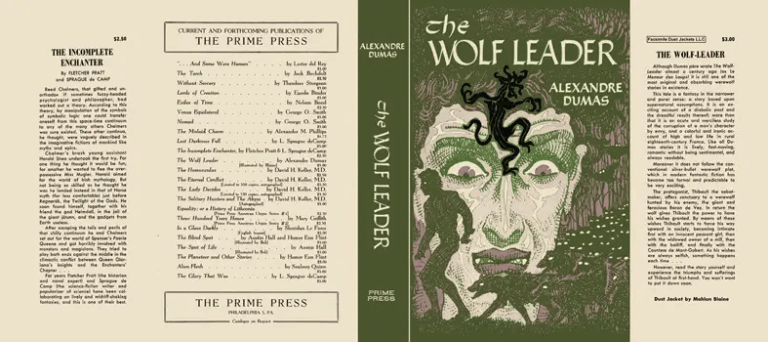It’s easy to make comparisons, when it comes to sport movies. Expecially if you’ve got somebody who made you watch ’em all. So, let’s start with some comparisons. You can knock yourself out here, if you wish: I’m just gonna make a few of them.
Concussion is not anything like the movies we’ve recently seen about football. It’s not Draft Day and it’s not The Replacements, and it falls so far from When the Game Stands Tall that it almost looks to be about an entirely different sport altogether. It’s not a movie that looks at American football from within, as Any Given Sunday was, and although I thought Will Smith wasn’t as bad as The Guardian recently painted him to be, this movie’s key points certainly are not outstanding performances. Alec Baldwin gives a decent performance but sometimes he looks so bored by the movie itself he can’t seem to be able to hide it. Gugu Mbatha-Raw is almost a pain to watch. And the mere fact that Bitsie Tulloch is in the movie lowers the acting standard by at least four points.
Still, there are some pretty good exceptions. David Morse is heartbreaking as legendary Steelers/Chiefs centre Mike Webster, Richard T. Jones comes through with a very passionate performance as Eagles/Cardinals Safety Andre Waters, Adewale Akinnuoye-Agbaje is pretty good as Bears/Giants/Cardinals Safety Dave Duerson, although I can see why his relatives are a little bit angry.
Concussion is not a movie about a sport: it’s a movie about a clinical condition and powerful lobbies trying to deny it. If you’re curious about the whole story, I suggest you read what Dr. Bennet Omalu himself (the real one) recently had to say about the movie in his interview to the Los Angeles Times. Concussion, if anything, is more similar to movies like The Insider, and believe me that this comparison didn’t come to my mind by itself.
I’m not anti-football. If as an adult you know, ‘If I play football, there’s a risk I’ll suffer brain damage,’ and you still make up your mind to play, I would be one of the first to stand up and defend your right and freedom to play. It’s like smoking. If we tell you smoking will cause lung cancer and heart disease and you still as an adult make up your mind to smoke, I will defend your right to smoke if you want to. This is a free country.
– dr. Omalu (the real one) in the above mentioned interview
Even in the movie, there’s an ongoing parallel being made between playing football and smoking.
Now, I’m not a heavy smoker but I am a smoker, and I live with an amateaur football player (who smokes more than me, and happens to play in the same role as Mike Webster), therefore I might be a little clouded in my judgement, but I find a little bit riddikulus (yeah, the boggard-banishing spell) to compare a vice and playing a sport. Unless you happen to agree with me that all agonistic sports are harmful for your health and you should just reach for another beer, but I don’t think you do, now, do you?
And there were so many ways to explore American football, the way it deals with violence, the NFL lobby.
People play with injuries the whole time, for instance. They do it because they are proud, or because they love too much what they do, or because they know that if they stay out of field once they’ll be regarded as weak and they’ll loose their spot. This doesn’t just happen in American Football. It happens when it comes to work, or romance. It’s our animal nature compelling us not to appear as weak. Our human nature should balance it, but it doesn’t always do it, and you need relief valves to let out steam, so that you can be balanced when it really matters. American Football players (and I mean professional players) are that valve. They are the relief valves of a whole Country. One might argue that if you take down football you release all that violence that gets sublimated on the field every given Sunday.
Still, what happens in the movie is a banalization of the sport and, what’s worst, it totally overlooks the important change dr. Omalu was able to achieve by denouncing CTE (chronic traumatic encephalopathy).
Tougher rules on contact. Better helmets. A whole new level of awareness about concussion, almost bordering on paranoia.
None of this comes through, and you’re left with the overall creeping impression tha football is what it’s described to be: a violent sarabande where people are trying to legally kill each other. And that’s so wrong, on so many levels. By lowering the level of discussion, by banalizing what’s dangerous (and what’s positive and formative) in this sport, you loose any chance of being significant. That’s a shame.
Still, some pretty good sequences give Peter Landesman credit, if not for the writing, at least for direction.








No Comments